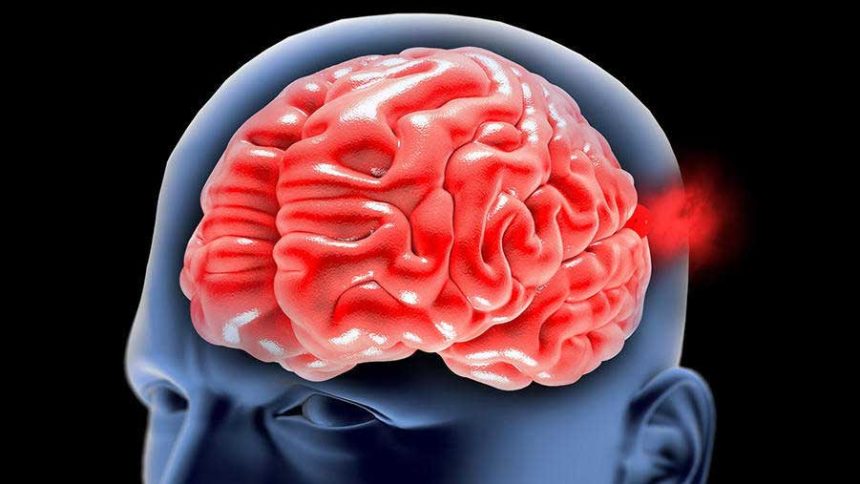
Treating depression after stroke can aid in recovery, yet depression medications may have potentially harmful side effects in these patients, a new study finds.
Depression is a consequence of stroke that impacts recovery, but the problem is often not detected or is inadequately treated, said Maree Hackett, Ph.D., of The George Institute, Australia. In a review of recent research, Hackett and her colleagues sought to update decade-old recommendations for post-stroke depression care based on the best-available evidence.
The investigators analyzed the results of 49 trials involving over 3,000 people with depression following a stroke. They found “small benefits” to antidepressants and talking therapies such as cognitive behavioral therapy. In addition, repetitive Transcranial Magnetic Stimulation, a mild form of brain stimulation applied through the scalp, can also help by reducing the number and severity of symptoms when combined with medication and psychotherapy, they discovered.
But the results also suggested that study participants experienced an increase in side effects related to antidepressant medications, including confusion, sedation and gastrointestinal problems, Hackett wrote.
Unfortunately, the individual studies lacked the large numbers of participants necessary to make sweeping recommendations, the researchers reported. However, recovery from post-stroke depression is possible and important, concluded Hackett. “The sooner a patient gets help, the sooner they will move towards recovery,” she said.
The study was published in the Cochrane Library.




